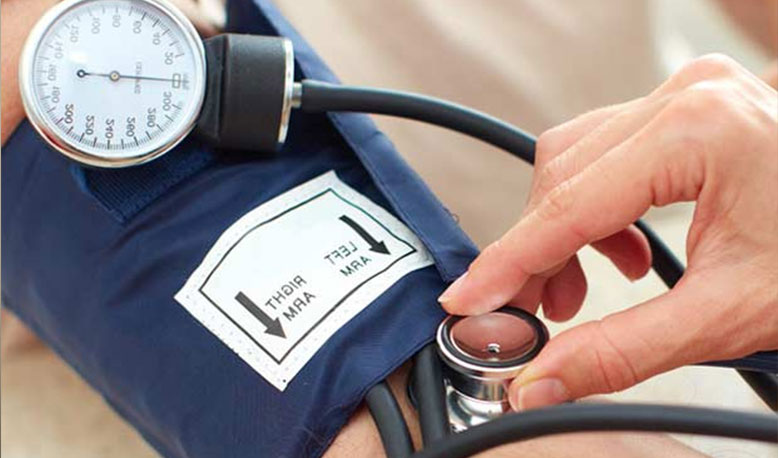
KRAS is a frequently mutated cancer gene
KRAS mutation status is predictive of lack of response to anit-EGFR therapy in colorectal cancer.
DGchem DNA tests can identify the KRAS mutation in patient sample. This will help doctors make appropriate treatment decisions.
Identifying KRAS mutation status may be used as a prognostic marker for cancer patients who are candidates for treatment with EGFR-targeted therapies.
The KRAS gene codes for the Kras protein, a GTPase required for various cellular processes, such as cell proliferation and cell differentiation. KRAS is one of the most frequently mutated cancer genes, present in approximately 25% of human cancers, including lung, colon, and pancreatic cancers.1-2 A somatic single missense mutation, usually present in codons 12, 13, or 16, turns KRAS into an oncogene.3 Oncogenic KRAS produces Kras protein with impaired GTPase activity, causing it to be constitutively active. The over active protein contributes to the development and progression of various cancers.
KRAS mutations can also have prognostic value. Somatic mutations in KRAS are associated with poor prognosis and lack of response to anti-EGFR therapy, Cetuximab (Eribtux) and Panitumumab (Vectibix), in colorectal and non-small cell lung cancer patients.5 To predict whether a colorectal cancer patient will respond to one of the EGFR-inhibiting drugs, the presence of relevant KRAS mutations can be tested.
Not all patients that have wild-type KRAS respond to EGFR-targeted therapies.
Rare polymorphisms exist that could lead to false-negative or false-positive results.
PCR and sequencing of the coding KRAS exons from the patient derived tumor tissue.
We require 1 slide stained with hematoxylin-and-eosin and 10 unstained, non-baked slides with 10-um thick sections of FFPE tumor tissue. The tumor section should contain at least 70% tumor content as verified by a qualified pathologist. Pathology report and a scanned copy of the slides used to assess tumor content should accompany specimen in order for testing to be performed. We also accept fresh frozen tumor sample. However, we require that the tumor is sectioned and a pathology report be generated that includes an assessment of tumor content - Please call +91-484-2413399/97 or email askus@medgenome.com if you have questions.
For AML patients, blood sample (5-8mls) in EDTA tubes should be shipped on ice within 48h after blood collection.

DGchem Lab is the best lab in Delhi NCR. We provide free Home Sample collection services and made to realize the importance of investing in a healthy workforce.